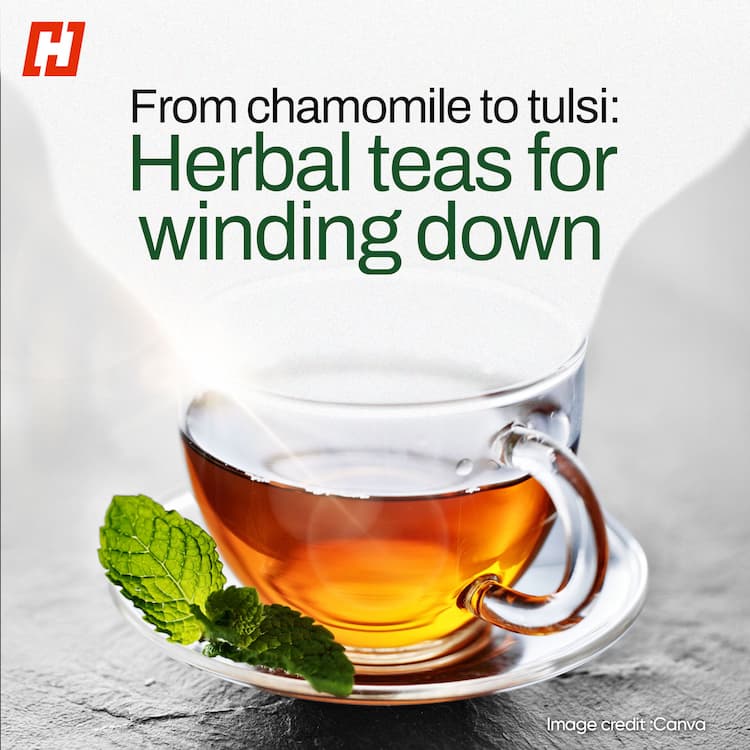What makes Japan home to some of the world’s longest-living people? From the wisdom of Ikigai to the serenity of Shinrin-yoku and the strong social bonds of Moai, Japanese culture offers powerful lifestyle habits rooted in purpose, mindfulness, and community. Let us trace some of them today.
Ikigai
At the heart of Japanese longevity lies the beautiful concept of Ikigai, which translates to “a reason for being.” More than a motivational buzzword, Ikigai is a deeply personal journey. It might be a passion project, community service, tending to a garden, or even daily rituals that bring joy.
Japan’s Blue Zone
Japan’s Okinawa prefecture is globally recognised as one of the five “Blue Zones” — regions where people consistently live longer, healthier lives. In 1980, Okinawa recorded the world’s highest life expectancy, with women living past 90 and men well into their 80s. What is their secret? A combination of healthy eating, low stress living, physical activity, strong social bonds, and a deep-rooted sense of community. Netflix’s Live to 100: Secrets of the Blue Zones dives deep into the lifestyle of Okinawans, from their plant-based diets and portion control habits to their spiritual practices.
Lifelong Friendships as a Lifeline
One of Okinawa’s most inspiring social traditions is the Moai which are tight-knit social groups formed early in life and sustained over decades. These circles aren’t just for fun; they serve as emotional, social, and even financial safety nets. In times of joy or crisis, your Moai is there for you. These lifelong friendships reduce isolation, boost morale, and contribute to lower depression rates.
Also read: From Sushi to Security: How India and Japan are Shaping the Indo-Pacific Future
The rituals of longevity
Japanese culture places great value on mindfulness, and this is evident in daily practices like Zen meditation, tea ceremonies, and Ikebana (flower arranging). These rituals are not merely artistic expressions; they are moments of calm that anchor individuals in the present. Practising mindfulness has been shown to reduce anxiety, improve cognitive function, and support emotional resilience.
Shinrin-yoku
Nature plays a central role in Japanese wellness philosophy. Shinrin-yoku, or forest bathing, encourages people to immerse themselves in nature’s serenity. Unlike hiking or exercising in nature, Shinrin-yoku is about slowing down, breathing deeply, and being fully present in a forested environment.
Most of Japan’s seniors are employed
As of September 2024, seniors aged 65 and above account for 29.3% of Japan’s population. Interestingly, one in seven Japanese seniors remains employed, suggesting that working longer may be beneficial for mental and physical health. Experts believe staying active, mentally, socially, and professionally helps preserve cognitive function and emotional well-being.






